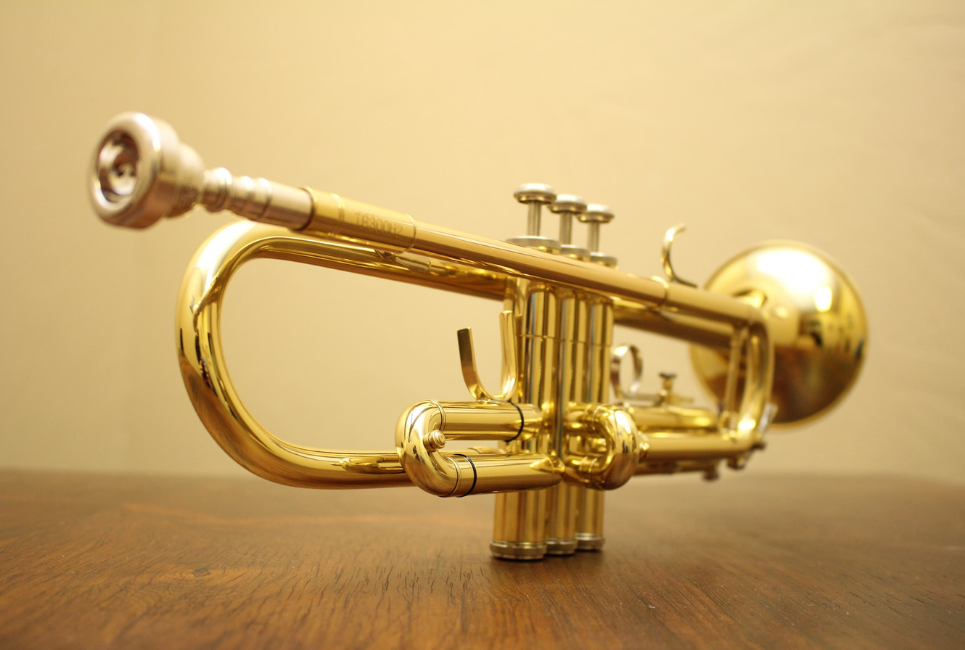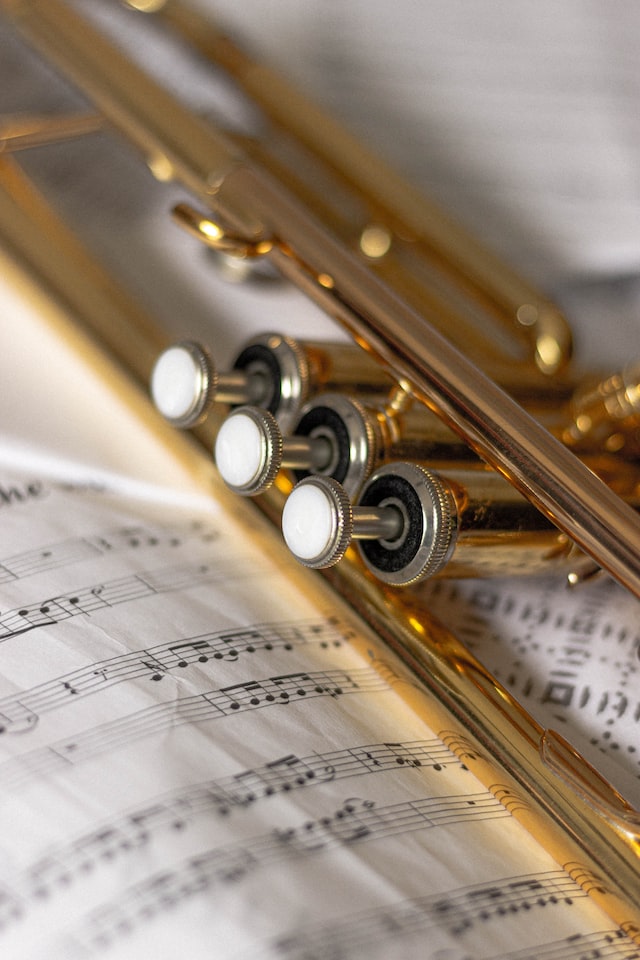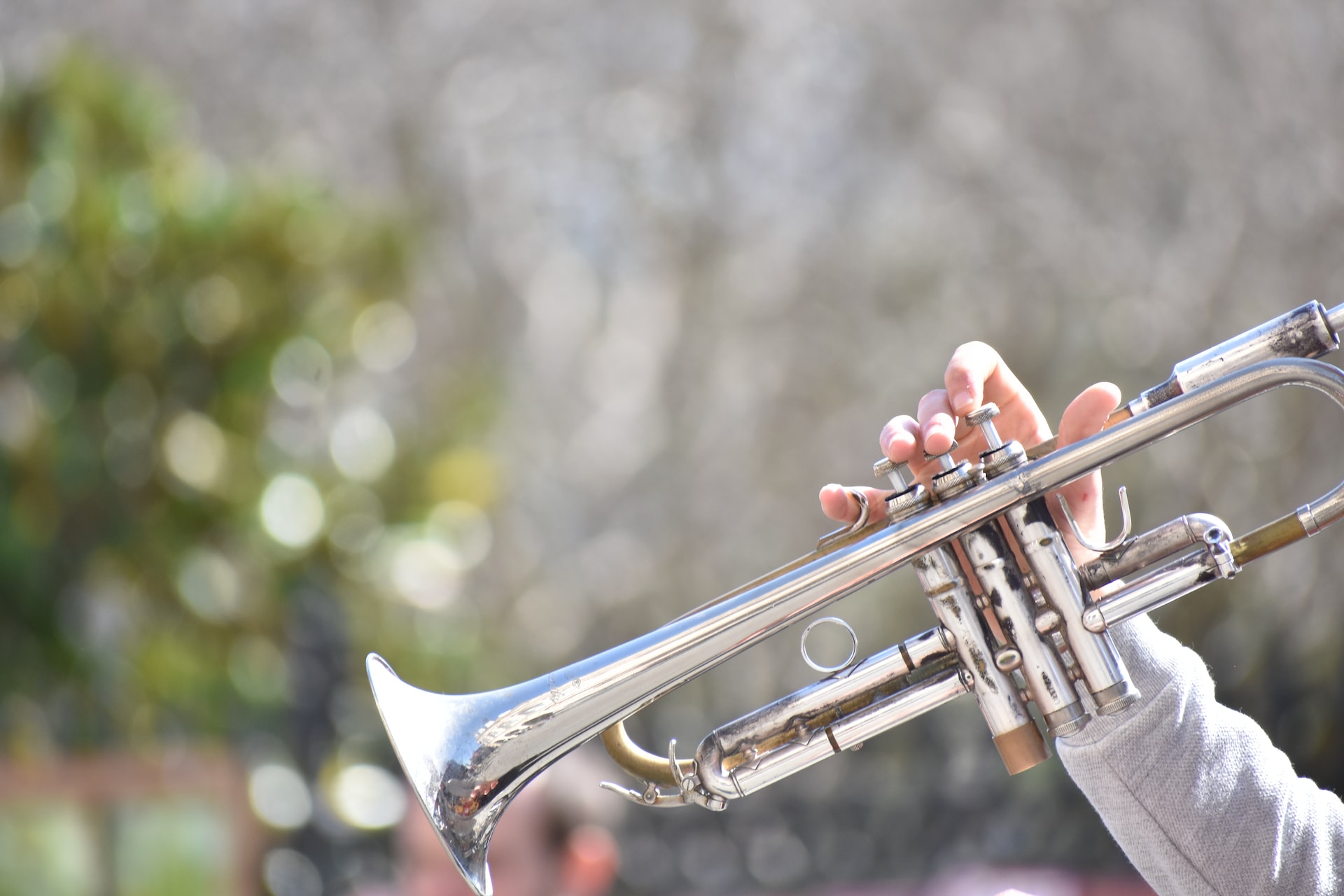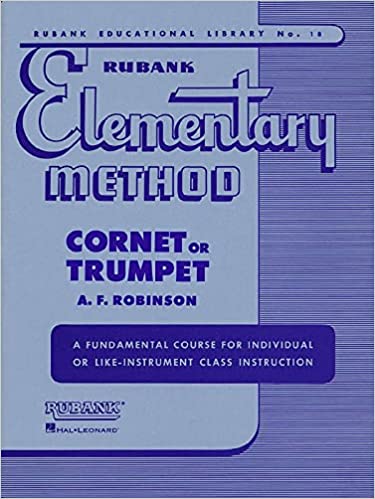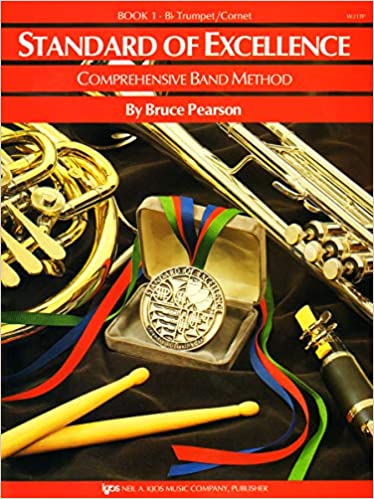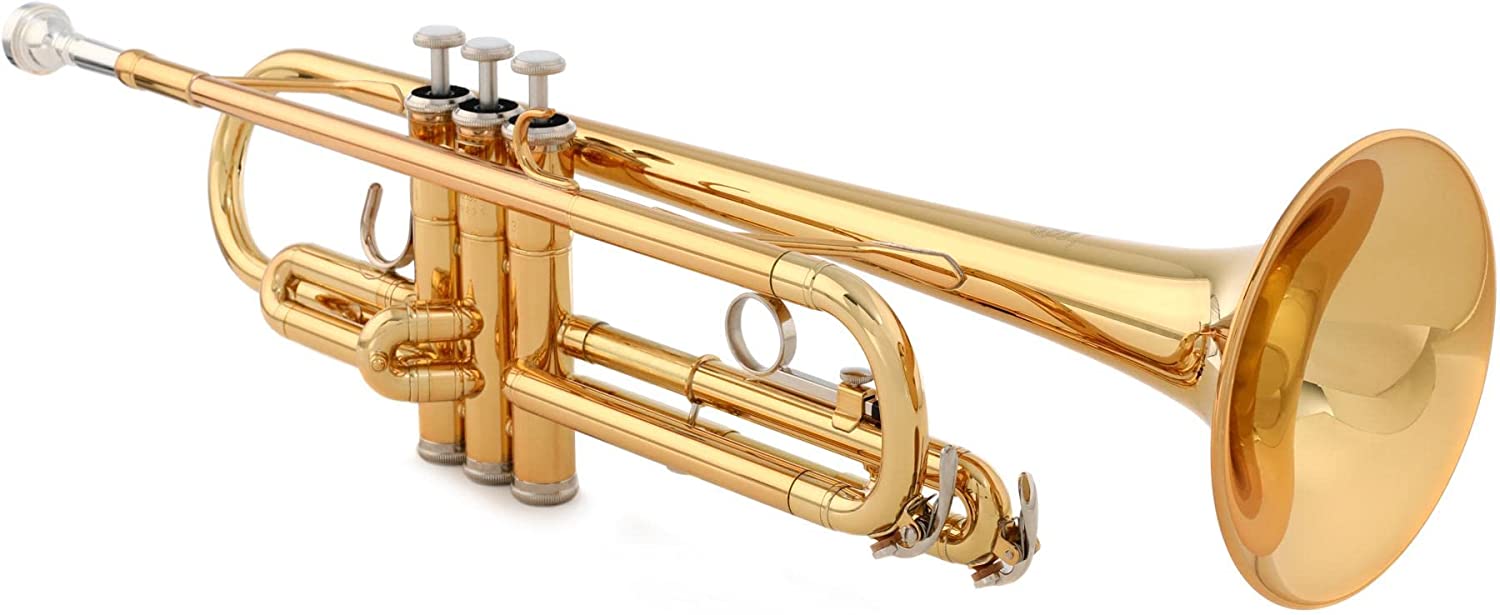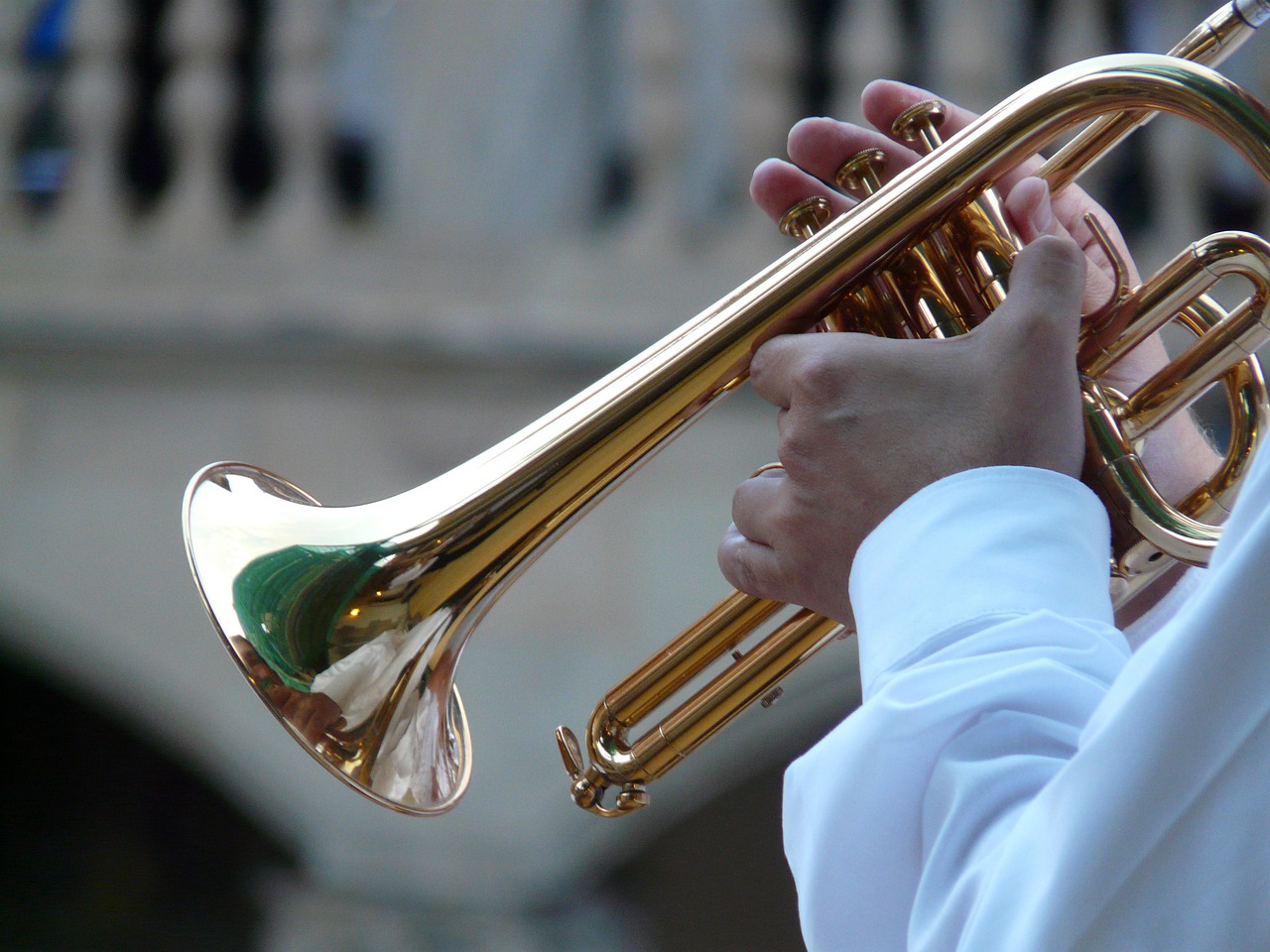- Top Trumpet Embouchure Techniques: Options for Beginners Through Professionals - October 12, 2022
- Is the Trumpet Hard to Learn? - September 30, 2022
- Best Leblanc Clarinet Models Guide: From Soprano to Contrabass - September 5, 2022
Have you ever thought to yourself, “is the trumpet hard to learn?” I’ve thought about that question for the trumpet and just about any instrument that exists.
But like other instruments, plenty of people play the trumpet, so can it be that hard? In some cases, learning the trumpet is a lot of work, but it could also be rewarding.
If you’re looking to play an instrument, I suggest you learn more about the trumpet. It’s a popular choice, and you can play almost any kind of music on it.
Bottom Line Up Front: The trumpet embouchure, harmonics, and transposition can make it hard to learn. But with a natural desire, a teacher, and the right instrument, you can make things easier on yourself.
What Makes the Trumpet Hard to Learn
It’s one thing to know if the trumpet is hard to learn. However, you should consider what makes learning how to play the trumpet difficult.
Now, some players might not struggle with the instrument at all. But other musicians will need to practice more before they get a consistent sound.
Here are some of the things that I believe make the trumpet tough for beginners.
The Embouchure
An embouchure is the term for how you form your lips to play a brass or woodwind instrument. Like other brass instruments, you need to press your lips together and make a buzzing sound.
Only the smallest hole should open up to let the buzz out and move air into the mouthpiece. I’d recommend buzzing without the mouthpiece a few times to make sure you get the buzz going, and you can add the instrument later.
To support your embouchure, you also need to have good breath support and control. If you let all of the air out quickly, you won’t be able to maintain a good sound.
The Partials
Trumpet notes and fingerings are based on the harmonic series, which has multiple partials. That means you use the same fingering to produce higher and lower pitches.
Most trumpets have three valves, so you only have eight fingering combinations. But the trumpet can play from a written F#3 to a written D6 for a total of roughly 33 notes.
You have to use your embouchure and your airstream to help shift between the notes in a harmonic series. While that gets easier with practice, it took me a while to get used to the harmonic series and adjusting my air.
The Posture
Another challenging part of learning the trumpet is holding the instrument. Sure, holding the body in your left hand and placing your right hand on the valves isn’t the issue.
However, you need to keep the trumpet up at a good angle so that it sits flush against your embouchure. It also needs to be up high enough to where the sound doesn’t absorb into your music stand or the floor.
I don’t have the strongest arms, and I’m sure I’m not the only one. Playing the trumpet can be a bit of an upper body workout to help you keep your instrument where it needs to be.
The Transposition
Most trumpets are in the key of Bb, which means they sound a whole step lower than written. If you’ve learned another instrument, like the piano, it can be hard to get used to having to transpose.
Now, most modern music is already transposed for you. However, in a concert band or when playing with a pianist, you usually need to talk about and understand notes in concert pitch.
So if the concert key is Bb, you’ll play in C, but you may need to refer to the key as Bb. I’ve played instruments in C, Bb, Eb, and even G, and it can get confusing to play the correct notes when everyone has different transpositions.
What’s more, some trumpets come in C, D, Eb, A, and other keys. You probably won’t play those as a beginner, but you might need to play them eventually, and transposing will get even more complicated.
The Role
Since it’s one of the higher-pitched instruments, the trumpet frequently plays the melody or a counter-melody. In a lot of ensemble works, the melody has many fast notes.
And the melody can get difficult fairly quickly, especially when you compare it to other parts. For example, a beginner tuba player might be able to play more ensemble works because their parts frequently consist of whole notes.
However, the trumpet part could have quarters, eighths, and sixteenth notes. Those require practice to play well, particularly with faster movements, and that could make you feel like you aren’t a good player.
The Volume
One of the biggest stereotypes of brass instruments has to be that they’re loud. Trumpets are part of this, and their higher range can help make them seem even louder.
Of course, there are times when playing loud is necessary and can make music sound amazing. However, you frequently need to play quietly, and that takes a lot of practice.
You might need to play quietly because a piece of music calls for that. Or maybe you live with people and don’t want to disturb them while you practice, so you can’t play as loud as usual.
The Restrictions
The trumpet can also be difficult to learn because of the various restrictions around it. I’m not talking about how loud it can be, though that is a factor.
Specifically, I’m thinking about how playing trumpet too long can take a toll on your body. Pianists and violinists can practice for hours without a big risk of hurting themselves (but there’s some risk).
On the other hand, you can really only play for an hour or maybe a couple of hours at a time on the trumpet or other wind instruments. After that, I know that my lips would probably feel like they’re about to fall off.
Because of the time restriction, it could take more days or weeks to get to an intermediate or advanced level. But don’t let that stop you from learning the trumpet if you really want to.
What Makes the Trumpet Easy to Learn
While many factors can make it hard to learn the trumpet, some other things make it easier. That can help balance things out and help you retain momentum after you start playing.
A lot goes into starting and improving on a musical instrument, trumpet or otherwise. Before you decide that the trumpet is too difficult, consider what can help you.
Then, you might find it’s the perfect instrument to help you express yourself.
Your Desire
I truly believe that one of the most important factors in learning an instrument is your interest and desire. When I was growing up, I tried and quit multiple instruments (some, I tried and quit twice).
If you really want to learn to play the trumpet, that will make parts of it much easier. You’ll still face challenges, such as learning to form an embouchure and holding the instrument.
However, having an interest can give you the motivation to learn those things. That way, you won’t have to struggle as much as someone who’s only learning the trumpet because they have to.
Versatile Repertoire
Another thing that makes the trumpet somewhat easy is that you can find a trumpet part in a lot of different genres. There are trumpet solos from as far back as the Baroque era.
In ensembles, you can play the trumpet in an orchestra, wind ensemble, jazz band, or brass quintet. You can even find sheet music to pop songs and transpose them to work on the Bb trumpet.
Having music you want to play can make you want to practice. Even if you don’t have a ton of interest in the trumpet, specifically, choosing music that you love is an amazing benefit.
A Teacher
I’d highly recommend getting a private trumpet teacher if you can afford it. You don’t have to take hour-long lessons or have a lesson every week if you’re busy.
However, taking the occasional lesson can help you stay on track. It can be easy to develop bad habits if you only teach yourself, and that can slow you down and make learning more difficult.
On the other hand, a teacher can notice bad habits and correct them right away. Then, you can learn the right way to blow and to hold the trumpet, and lessons could help expedite the learning process.
Good Method Books
If you can’t afford a private teacher, you should get some good trumpet books at least. The Rubank Elementary Method and the Standard of Excellence series have some nice exercises.
These books also have a progressive system where each lesson gets a bit more difficult than the last. I’d recommend the Standard of Excellence to kids in a band since many school bands use those books.
However, adult students might prefer the Rubank book. It goes a bit faster than other methods, so it’s nice if you learn quickly as well.
Instrument-Less Practice
When it’s too early or late to practice the trumpet, you can still “practice.” One of my favorite ways to practice without my instrument is to practice breath control.
I love the 4-7-8 method, which is where you breathe in for four seconds and hold for seven seconds. Then, you breathe out over eight seconds.
You can also practice buzzing without your trumpet, and you can do that while you walk or even when you drive to work. If you have time to sit down and focus but need to be quiet, you can listen to your repertoire and study the score.
Now, this doesn’t necessarily make the trumpet easier to learn. But it does give you a few ways to work on your overall skills to help you play when you next pick up your instrument.
The Right Gear
Even if you frequently practice without your trumpet, you still need a good instrument and accessories. As a beginner, you can’t go wrong with a model like the Yamaha YTR-2330.
However, if the trumpet is a bit hard to play, you can try brands like Jupiter or Bach. You can also look for different mouthpieces that might suit your lips and playing style better.
I love looking at instruments and accessories, and buying something new could make playing easier. Especially if you’ve played the trumpet for a while, your instrument could be holding you back and making things more difficult.
Consistent Practice
You could do and use everything else that makes the trumpet easier, but practice will still come out on top. I don’t think you need to practice for hours and hours a day.
If you’re only playing for fun, you can even get away with not practicing every single day. But you do need to set and follow a practice routine.
That way, you can learn something new in one session and retain it the next time you pick up your trumpet. Of course, life happens, and you can’t always practice, but the more consistently that you practice, the easier it will get.
Who Should Play the Trumpet
The trumpet may sound easy or hard for you to learn, but you could still wonder if it’s for you. I say that if you want to learn the trumpet, you should give it a try.
However, some groups may want to learn the trumpet, especially if they’re considering it and other instruments. Here are a few types of people who might benefit from playing the trumpet.
Young Kids
At my elementary school, you could join band in fifth grade. That year, the four instrument options were flute, clarinet, trumpet, and trombone.
If you want to learn a brass instrument, the trumpet is going to be a bit better. The trombone is much larger, and it requires more precision to get the right notes out.
That means the trumpet has a bit of an advantage over other brass instruments. It can also be easier than the woodwinds because you don’t have to deal with clarinet reeds or a lack of resistance from the flute.
Adult Beginners
On the flip side, I think adults who want to learn an instrument should consider the trumpet. There are a lot of opportunities to play it alone or with others, which can be very motivating.
After you get a bit of experience, you could join a local orchestra, band, or jazz group. Sure, you could do that if you learn other instruments like the trombone.
But if you want an instrument that’s affordable and easy to store and transport, the trumpet might be for you. I’d recommend visiting a music store and trying a few instruments to make sure you choose the right one.
Music Educators
Maybe you’re looking to become a music teacher or band or orchestra director. In either case, you should learn at least the basics of the trumpet.
I know a lot of colleges require music education majors to take brass methods or trumpet methods. But it can help to learn the trumpet outside of a class so that you can focus more on it and play it better than other teachers.
Then, you’ll have a greater understanding of the trumpet and the other brass instruments. That can help you be a better teacher or ensemble director since you can give more feedback to your students.
FAQs about Is the Trumpet Hard to Learn?
Answer: It can take a few months for you to learn the basics and start getting a consistent sound on the trumpet. However, it will probably take at least a few years before you can play the more advanced stuff.
If you’re disciplined though, you may be able to reach a high level faster. I know a trumpet player from college who only started in his junior year of high school, and he was a pretty good player a few years after that.
Answer: You can teach yourself the trumpet, but you’re going to need a lot of self-discipline. Without lessons, you won’t have outside motivation to practice and get better.
That means you could easily take a one-day break that turns into a week, a month, or even longer. If you want to teach yourself, set a realistic practice schedule and stick to it as best as you can.
Answer: Playing the trumpet can hurt your lips if you put too much force against your lips with the mouthpiece. Eventually, the force might be too much, and you might not be able to form the proper embouchure.
Similarly, playing too long and not taking breaks can lead to problems. Even if you don’t put too much pressure on your lips, the length of time you practice may lead to damage.
Answer: A new beginner trumpet typically costs between $400 and $1,200. If you find a used model, it could cost about half the new price or even less, but you may need to factor in the cost to repair it and put it in working condition.
Another option that I recommend is renting a trumpet for a few months. You can expect to pay around $40 to $50 a month, so you can try the instrument before committing to buying one.
Final Note on Is the Trumpet Hard to Learn?
Many musicians have asked themselves or others, “is the trumpet hard to learn?” Some players may find learning the trumpet is particularly challenging, and for some, another instrument could work out better.
However, if you want to play the trumpet, specifically, that makes things easier. But you’ll still need to learn the foundations and practice regularly to help get better.
If you’re ready to learn the trumpet, give it a try! Don’t worry if you find it hard at first; keep at it, and you may find it gets easier with time.
Looking for more interesting readings? Check out:

